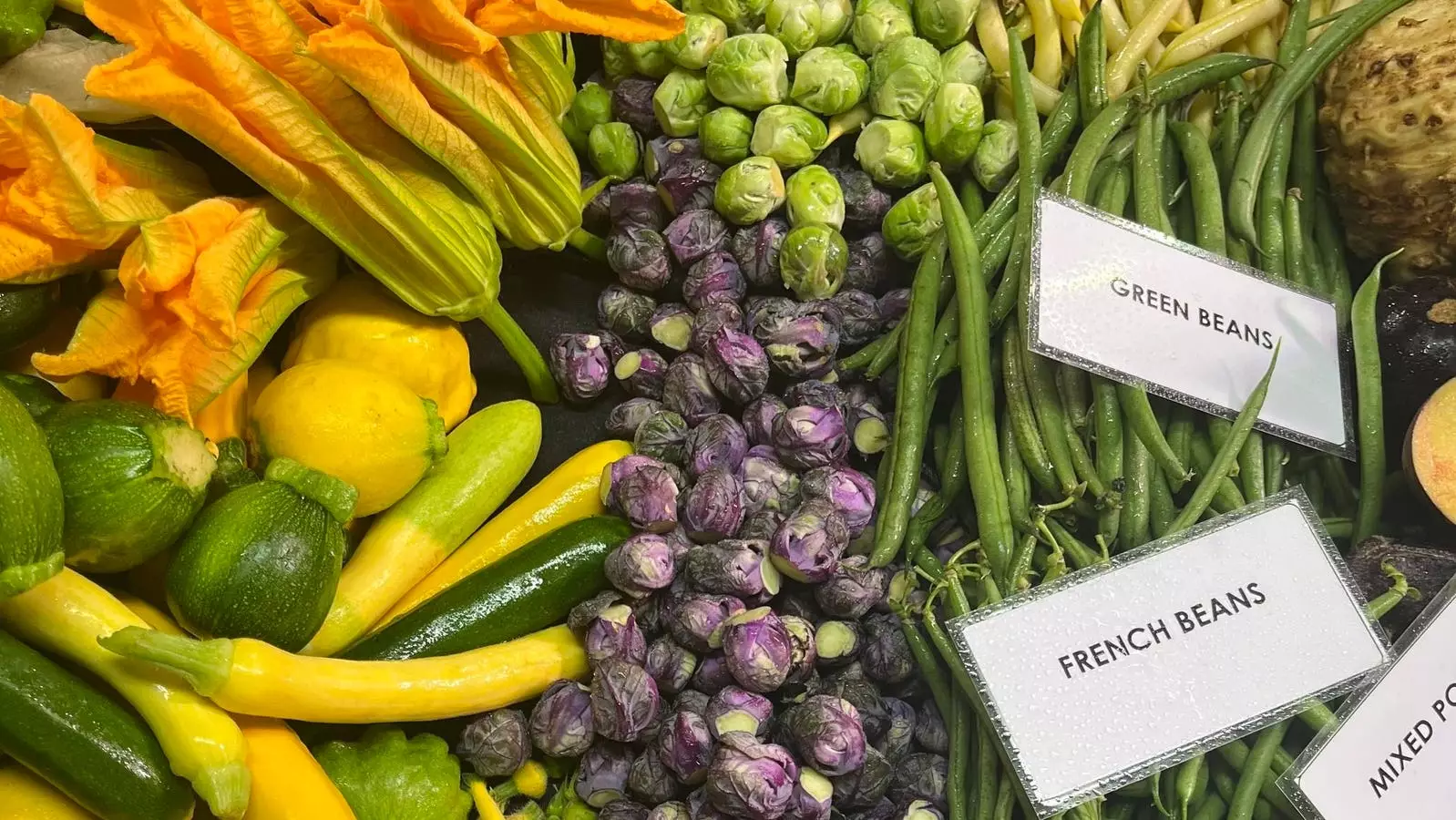In a world increasingly beset by the challenges of climate change, sustainable agriculture is no longer just an option; it’s a necessity. As we approach Climate Week in New York City—a pivotal time for discourse on environmental issues—one inspiring example stands out: Chef’s Garden in Huron, Ohio. This farm embodies not just agricultural excellence but also a commitment to soil health and regenerative practices that could serve as a model for farms across the United States.
Recently visiting Chef’s Garden during its annual Roots Conference provided firsthand experience of what sustainable farming really looks like. With an array of raw produce laid before us, including fairytale eggplants, cucamelons, and a dazzling variety of tomatoes, peppers, and squash, it became evident how local, artisanal farming can tantalize the palate while promoting environmental health. The experience reminds us that food is not merely sustenance; it is an expression of a deeper relationship between the land, the farmer, and the consumer.
Each bite of produce—especially the mind-blowing squash blossoms and the delicate flavor of micro lemon balm—revealed the potential that lies in fresh, sustainably grown food. Such experiences make a compelling case for why we should prioritize local farms that embrace biodiversity—far beyond what corporate agriculture offers. The Jones brothers, co-owners of Chef’s Garden, have made it their mission to ensure the farm exists, grows, and serves a community that is increasingly seeking authentic, locally-sourced food.
The story of Chef’s Garden isn’t just about great produce; it also serves as a beacon of innovation in energy sustainability. The farm has made significant strides in securing its energy supply by utilizing recycled corn cobs and pursuing other groundbreaking projects. As a result, Chef’s Garden now meets 70% of its electrical demand independently. This achievement is monumental, especially given the state of many energy grids today, which often prioritize residential needs over agricultural demands during crises.
In a climate-focused era, it’s essential for all farms to take a page from Chef’s Garden’s playbook. The ability to harness energy sustainably not only contributes to the farm’s operational efficiency but also provides resilience against extreme weather events, which are becoming more frequent due to climate change. As more farms adopt similar practices, we could see a future where agricultural sectors become less reliant on an overburdened power grid, ensuring that food production can continue uninterrupted.
As I prepare to engage with fellow enthusiasts during Climate Week, there’s a growing urgency to discuss actionable steps for the agriculture sector. Moderating panels on diverse topics—from NYC food policy to the role of grocers in promoting healthy eating—offers a platform for fostering meaningful conversations. It serves as an invitation to interrogate current systems and advocate for creative, sustainable practices that can transform public policy and consumer behavior.
Events like these are vital in creating a sense of community among farmers, policymakers, and champions of sustainable food systems. They provide the context in which we can share ideas and disseminate knowledge, moving us closer to a future where sustainable practices are at the forefront of both consumer choice and agricultural policy.
The journey taken by Chef’s Garden and similar institutions emphasizes that sustainability is a collective responsibility. The recent struggles faced by consumers, especially with the lingering challenges of inflation, have sparked a renewed interest in affordable yet healthy food options. The shifting consumer mindsets encourage companies to adapt—whether through enhancing private labels or through collaboration with local farms.
The lessons learned from initiatives like Chef’s Garden are valuable as we seek to maintain not only the health of our planet but also the well-being of its inhabitants. The capacity for farms to move beyond simple agricultural production into realms of energy independence and community engagement highlights the critical role they can play.
As we embark on the conversations at Climate Week, may we carry with us the inspiration gleaned from local farms, advocating for practices that enrich the soil, empower farmers, and ensure a sustainable future for all.


Leave a Reply